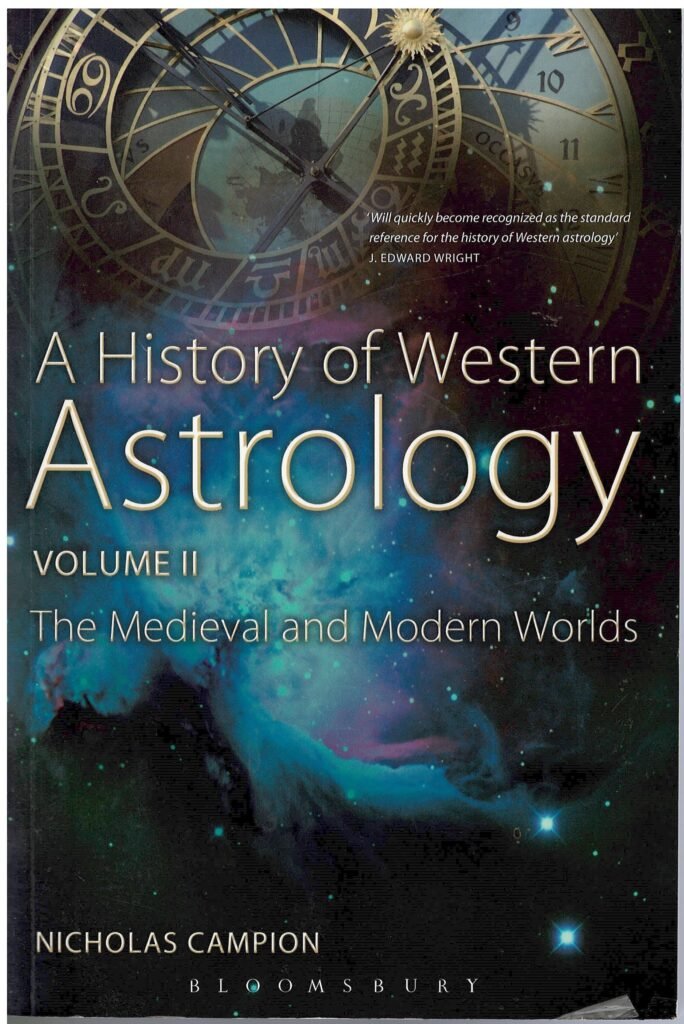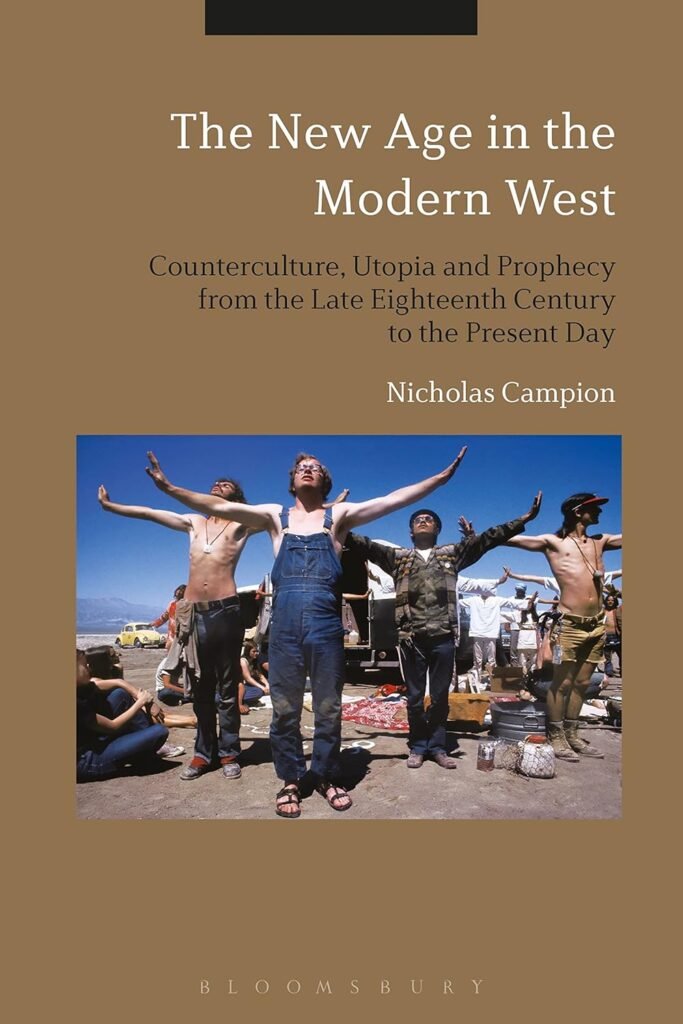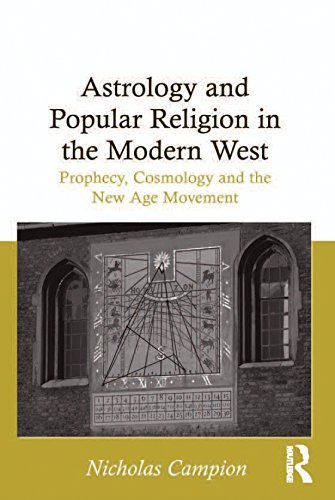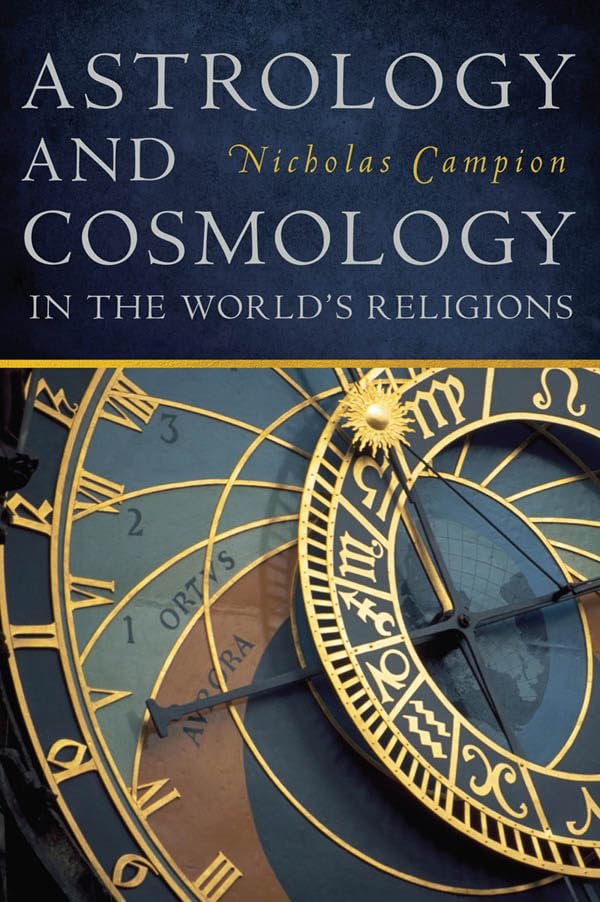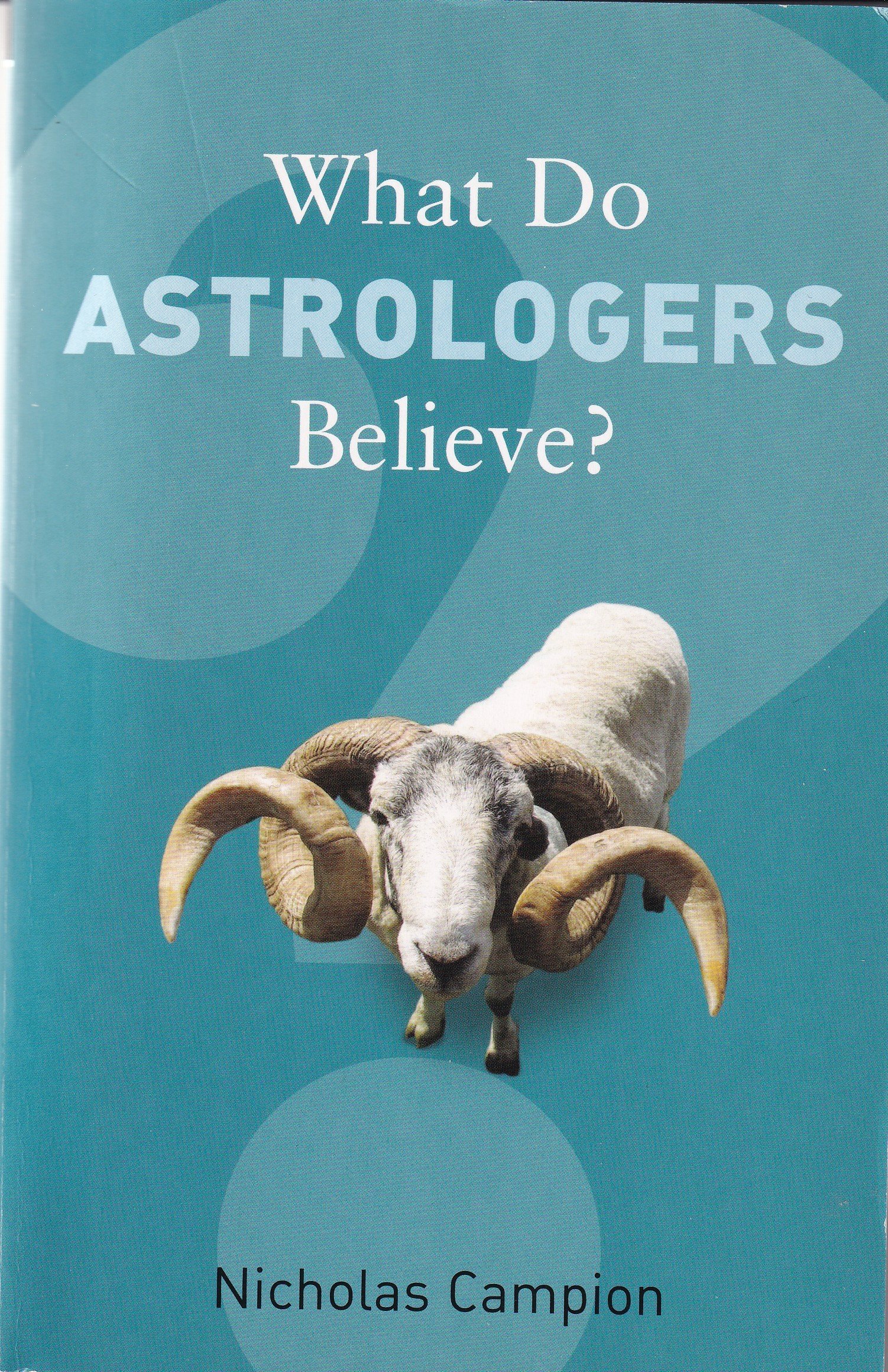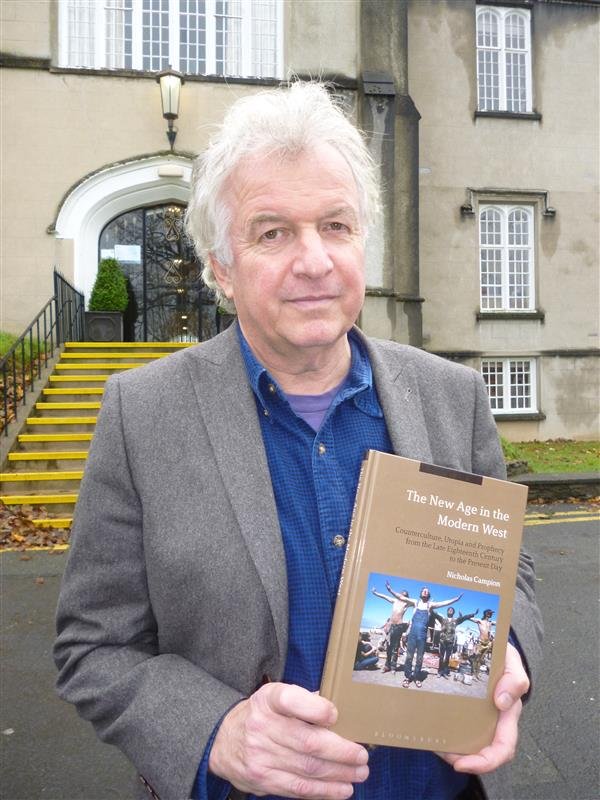
Dr Nicholas Campion BA, MA, PhD
I am a historian with expertise in anthropology. My BA was in History from Queens’ College, Cambridge, my MA was in Southeast Asian Studies (politics, history and international relations) from the School of Oriental and African Studies, London, and my PhD was in the Study of Religions at Bath Spa University.
My main interest is in how world views, or cosmologies, are constructed, particularly in how we structure history and read meaning in the sky. I have written extensively on the history of astrology and associated magical and esoteric ideas, as well as on the influence of astronomy on culture, and the new discipline of Cultural Astronomy.
My current projects include consideration of space exploration, ethics and myth. I also write on utopianism and millennial beliefs and maintain an interest in contemporary politics and international relations.
I am also on the Education Committee of the European Society for Astronomy in Culture (SEAC), and the International Executive Committee of the Inspiration of Astronomical Phenomena (INSAP)
The New Age in the Modern West:
Counter-Culture, Utopia and Prophecy from the late Eighteenth Century to the Present Day
New Age culture is generally regarded as a modern manifestation of Western millenarianism – a concept built around the expectation of an imminent historical crisis followed by the inauguration of a golden age which occupies a key place in the history of Western ideas. The New Age in the Modern West argues that New Age culture is part of a family of ideas, including utopianism, which construct alternative futures and drive revolutionary change.
Nicholas Campion traces New Age ideas back to ancient cosmology, and questions the concepts of the Enlightenment and the theory of progress. He considers the contributions of the key figures of the 18th century, the legacy of the astronomer Isaac Newton and the Swedish visionary Emanuel Swedenborg, as well as the theosophist, H.P. Blavatsky, the psychologist, C.G. Jung, and the writer and artist, Jose Arguelles. He also pays particular attention to the beat writers of the 1950s, the counterculture of the 1960s, concepts of the Aquarian Age and prophecies of the end of the Maya Calendar in 2012. Lastly he examines neoconservatism as both a reaction against the 1960s and as a utopian phenomenon.
The New Age in the Modern West is an important book for anyone interested in countercultural and revolutionary ideas in the modern West.
Review:
Astrology and Popular Religion in the Modern West: Prophecy, Cosmology and the New Age Movement
Astrology and Cosmology in the World’s Religions
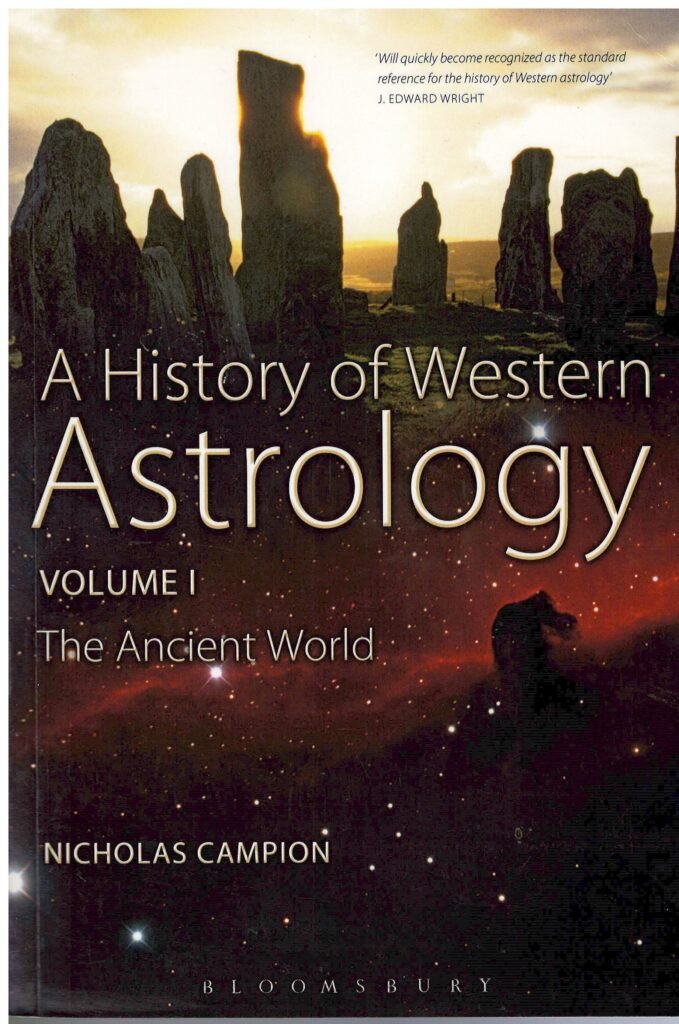
A History of Western Astrology Volume 1: The Ancient World
